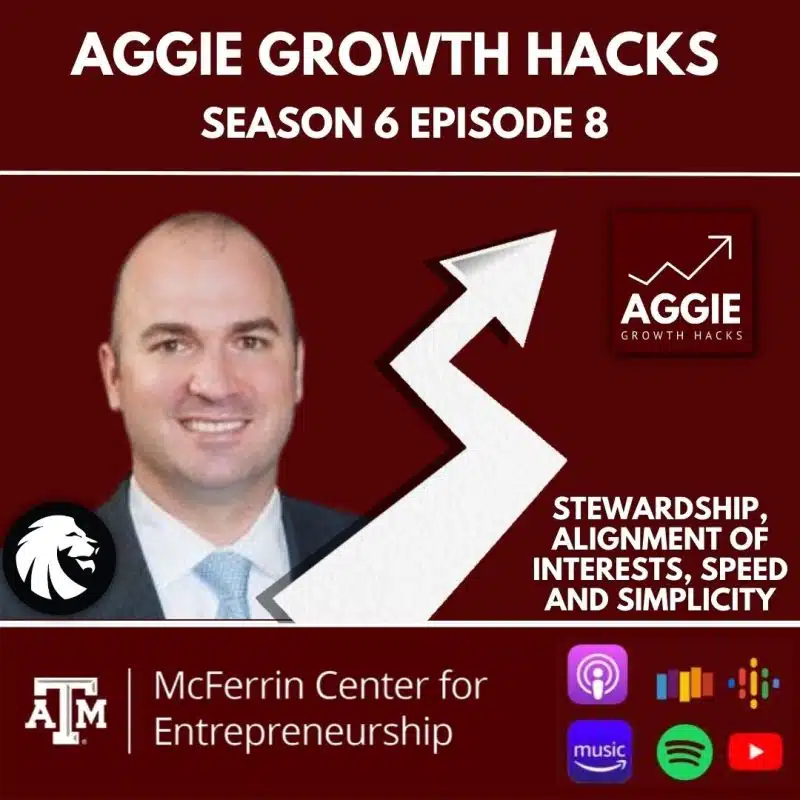by Chris Hunter
Share
Scaling a roofing company requires more than just securing additional projects; it entails a holistic approach that integrates strategic planning, operational excellence, and an unwavering dedication to continuous improvement.
Growth in the roofing industry often comes with unique challenges, including managing workforce dynamics, maintaining consistent cash flow, and staying ahead of evolving market trends.
This Roofer Growth Hacks episode sheds light on proven strategies and expert insights that empower roofing businesses to navigate these hurdles and achieve lasting, sustainable expansion.
Operational Excellence: Key to Sustainability
Efficient cash flow management and strategic hiring are crucial for sustainability and scaling a competitive roofing company.
Contractors must carefully select profitable projects, prioritize financial health, and establish transparent operational processes.
Investing in training and mentoring employees ensures a capable workforce that supports future growth and reduces operational bottlenecks.
Leveraging Marketing and Networking
Networking and certifications provide significant opportunities for expanding a roofing business.
Joining industry groups, participating in local chambers of commerce, and cultivating partnerships enhance visibility and credibility.
Certifications like SDVOB or MBE help roofing businesses gain access to government contracts and high-value projects, setting them apart from competitors.
Learn More Ways to Successfully Scale A Roofing Company
In this week’s Roofer Growth Hacks episode, Chris from RoofingSites.com discusses these and other best practices for scaling a growing roofing company with Jerry Aliberti, construction expert and founder of Pro-Accel Consulting.
Conclusion
Scaling a roofing company requires operational efficiency, effective marketing, strategic adoption of technology, and visionary leadership.
Each of these components plays a critical role in overcoming growth challenges and achieving sustainable success.
Roofing entrepreneurs can secure lasting growth and resilience in a competitive industry by applying these principles.
You can learn about all this and more by viewing the episode in full and visiting RoofingSites.com for more helpful business and marketing tips.
Schedule a free marketing call with Chris for some complimentary marketing instruction, and click this link to receive a free copy of Chris’ book, “The Ultimate Guide to Digital Marketing for Roofers.”
Need Help With SEO Content Marketing for Roofers?
Contact RoofingSites.com for Help With SEO and More!
Call 888-308-2168 For More Information!
The post Expert Tips for Scaling A Roofing Company with Jerry Aliberti! first appeared on RoofingSites.com.
STAY IN THE LOOP
Subscribe to our free newsletter.
Welcome to Roofer Growth Hacks! In this episode, we’re breaking down the November 2025 State of Marketing for Roofers a rapid-fire update on what’s changing with Google Local Service Ads, Business Profiles, AI tools, and lead generation that every roofing company needs to know. Chris Hunter, Chief Marketing Officer at RoofingSites.com and author of The
In today’s competitive roofing industry, maximizing your marketing efforts is crucial for sustainable growth. Are you leveraging the power of SEO to climb search engine rankings? Are you utilizing Google Ads to drive targeted traffic to your site? Think of your marketing strategy like fishing: would you rely on just one pole or would you
Are you a roofing company owner looking to generate more leads, grow your customer base, and truly maximize your return on investment? Google Local Service Ads or LSAs can be one of the most powerful tools in your marketing arsenal but only when they are strategically managed. Many roofers make the mistake of setting up
Are you a roofer wondering why your social media and SEO efforts are not translating into leads? You are not alone. Many roofing companies struggle to harness the power of social media marketing. The key is not just about being present; it is about engaging your audience with the right content. Let’s explore how you









